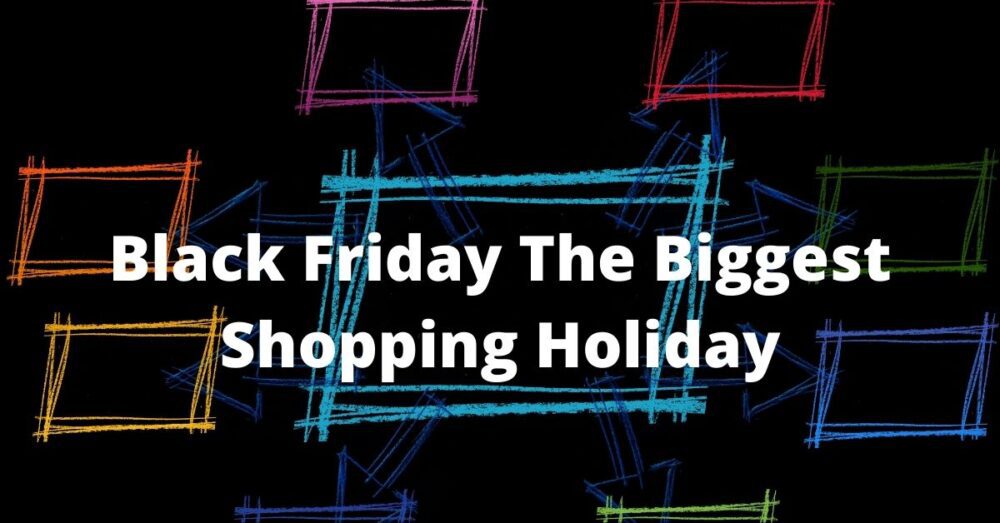How did Black Friday become one of the biggest holidays of the year?
It’s difficult to pinpoint when the day after Thanksgiving became a shopping frenzy, but it dates back to the late 1800s. Store-sponsored Thanksgiving parades were popular at that time, and when Santa Claus arrived at the end of the procession, the Christmas shopping season had begun.
Because the holiday shopping season doesn’t begin until after Thanksgiving, firms would not promote discounts or aggressively seek consumers until the following Friday. As a result, when the floodgates opened that Friday, it became a highly anticipated event.
The power of retail holidays
In the United States, retail holidays are days when consumer spending is at its greatest. The US holiday season in 2020 saw $789 billion in retail sales—that’s just November and December retail sales. By combining both in-store and online shopping possibilities throughout the year, you can capture some of that spend all year long and get the best results.
In an interview with Betway, Bob Phibbs tells them “I think we’re going to continue to see more niche events that can get people excited. We’re certainly seeing more innovation coming out of Asia, and other places as well – look at Singles’ Day.
“Chinese New Year used to be a niche thing, now it’s everywhere. It gives you a chance to go out to a different consumer and it gives you a chance to give people the feeling that they matter.”
Black Friday’s competition
The idea of Black Friday is no longer the single most important shopping day. It’s also incorrect to claim that the official holiday shopping season begins on Black Friday.
This is in part due to the increasingly fierce, even desperate competitive climate in retail. Subscription services like Amazon Prime attract opportunistic purchasers who may not have purchased during the traditional holiday shopping season, in a world where customers can shop whenever and wherever they want. Given the increased competition from internet-only businesses and alternative platforms like eBay, brick-and-mortar stores have less of a motivation to invest in tentpole “event purchasing” days. They’re better off spreading out their discounts over several days rather than offering one big discount on a single day.
Last year, for the first time, Black Friday surpassed Thanksgiving weekend in terms of sales. Many businesses now promote “Black Friday week” special offers, which start on Sunday and continue until the following Sunday or even longer. The concept of Black Friday has grown in popularity, but it’s also become a significant shopping day thanks to multi-day sales and early closures.

